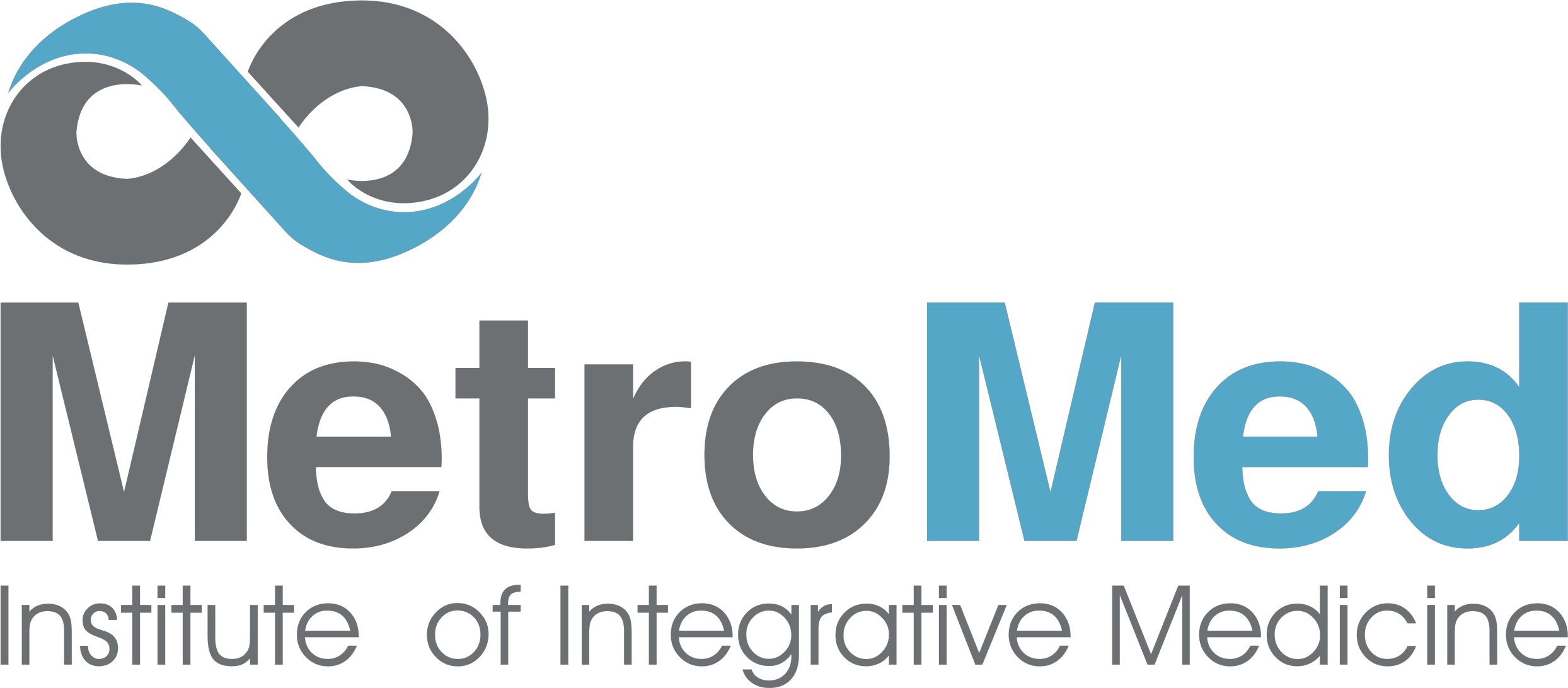Inflammation has been a major issue affecting many lives around the globe. When a patient has an overactive immune system there can be negative factors that correlate. When your immune systems T and B Lymphocytes (an immune cell type) become overactive they can actually work beyond their job and attack your body. This is the underlying cause of many autoimmune diseases. Diabetes, Arthritis, Lupus and many other problematic diseases are caused by a patient’s own immune system becoming over active and attacking itself. As of today there has been little hope to combating most serious autoimmune disease. However, stem cell therapy has shown to have anti-inflammatory effects that reverse the signs of most autoimmune diseases.
The trouble with correcting an autoimmune disease is that your body begins a perpetual cycle, as it damages itself more immune cells are made to attack, however there is no foreign invader. In the case of osteoarthritis, a patient’s knee takes a heavy load of impact daily sending off signals of stress and trauma. Naturally your body creates immune cells to go to the knee to help break down, eliminate, and clean up the traumatized area. However, day after day of this process happening leads to your body’s immune cells actually attacking tissue that is needed and soon will invade into digesting your bones, ligaments, tendons, etc. Since the cause of inflammation is from an area of the patients body, newly made immune cells attack the patient’s own cells in the area signaling a trauma response. Year after year this process can lead to very problematic long-term consequences for the patients health.
In the past years there has been little pharmaceutical aid towards combating autoimmune diseases. There have been many drugs discovered to help decrease inflammation. These pharmaceuticals do not have the benefit of restoring tissue that has already been destroyed and have many long-term side affects. Finally, stem cell therapy gives us an advanced method into treating patients with specific autoimmune diseases.
Stem cells, specifically Mesenchymal Stem Cells, which can be harvested and isolated from bone marrow, have the capability to be the next major medical advancement towards the advancements in the cures for patients with certain autoimmune diseases. Stem cells are able to stop the progression of autoimmune diseases through two routes. The first being, the stem cells are able to releases growth factors, cytokines and other chemicals to help stop inflammation and rebuild the damaged area of the body and stop the bodies inflammation response. The second modality that stem cells have the ability to help with autoimmune disease is within the stem cell itself. This specific cell has the ability to differentiate into almost any of the 205 tissues that compose the human body. This ability allows the Mesenchymal stem cells to replace lost cells and promote survival and growth of the cells being damaged. These two methods stop the inflammation cascade, replace lost cells and ultimately stopping the autoimmune disease.
Stem cell therapy shows many beneficial applications towards correcting autoimmune diseases in a safer and more cost effective manner than today’s standard care. For the first time, by reapplying a patient’s own stem cells they can help combat their autoimmune diseases. This gives patients new routes to help them recover to proper health. One day most autoimmune diseases like diabetes, lupus, multiple sclerosis, and other autoimmune disease will become eradicated by use of cellular technologies.
Copyright © 2012 Alex Martin MD & Devin Stone, Los Angeles
References:
-
- Gonzalez, Manuel, Elena Gonzalez-Rey, Laura Rico, Dirk Buscher, and Mario Delgado. “Adipose-Derived Mesenchymal Stem Cells Alleviate Experimental Colitis by Inhibiting Inflammatory and Autoimmune Responses.” Gastrojournal.org. Gastroenterology Journal, 18 June 2008. Web. 20 Apr. 2012. .
-
- Iyer, Smita S., and Mauricio Rojas. “Anti-inflammatory Effects of Mesenchymal Stem Cells: Novel Concept for Future Therapies.”Expert Opinion on Biological Therapy 8.5 (2008): 569-81. Print.
-
- Martina Vendrame, Carmelina Gemma, Dirson De Mesquita, Lisa Collier, Paula C. Bickford, Cyndy Davis Sanberg, Paul R. Sanberg, Keith R. Pennypacker, and Dr. Alison E. Willing. Stem Cells and Development. October 2005, 14(5): 595-604. doi:10.1089/scd.2005.14.595.
-
- Monneret, Guillaume. “Mesenchymal Stem Cells: Another Anti-inflammatory Treatment for Sepsis?” Nature Medicine 15.6 (2009): 601-02. Print.
-
- Oh, J. Y., Kim, M. K., Shin, M. S., Lee, H. J., Ko, J. H., Wee, W. R. and Lee, J. H. (2008), The Anti-Inflammatory and Anti-Angiogenic Role of Mesenchymal Stem Cells in Corneal Wound Healing Following Chemical Injury. STEM CELLS, 26: 1047–1055. doi: 10.1634/stemcells.2007-0737


